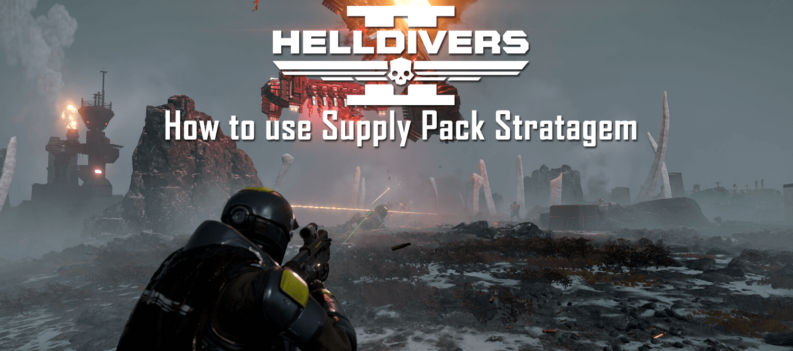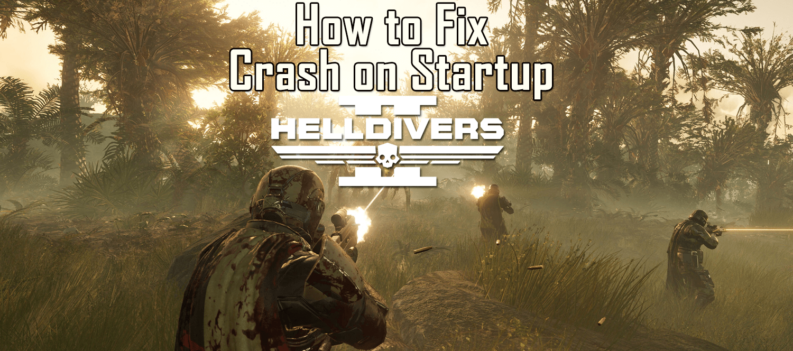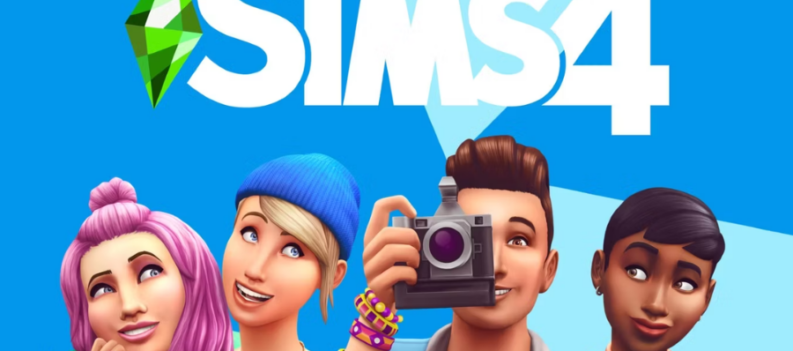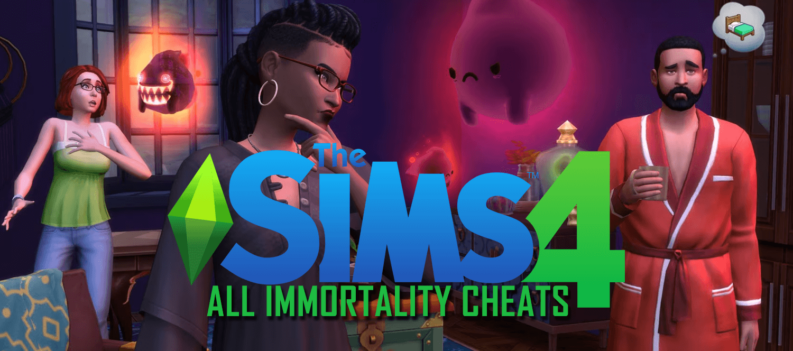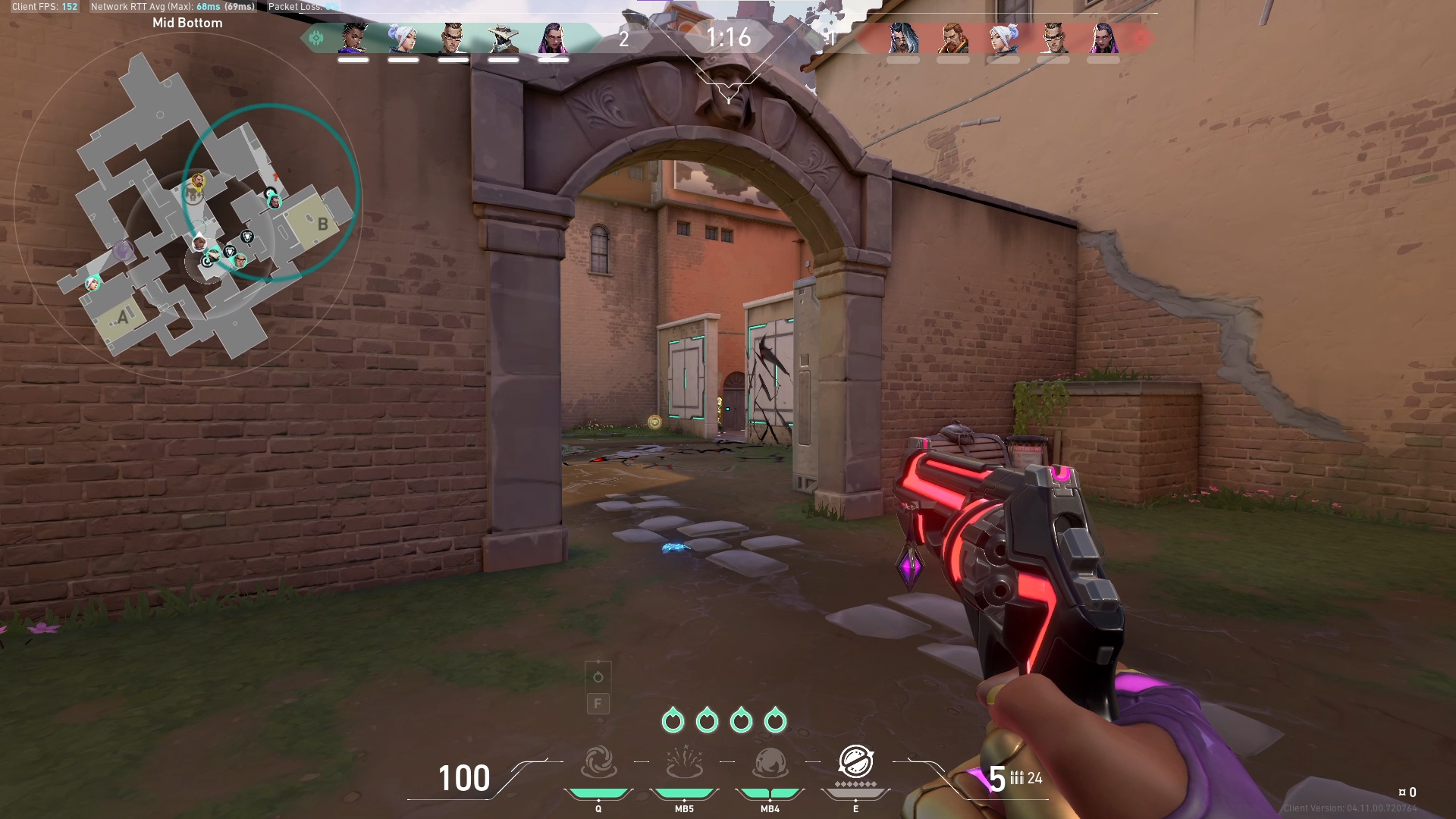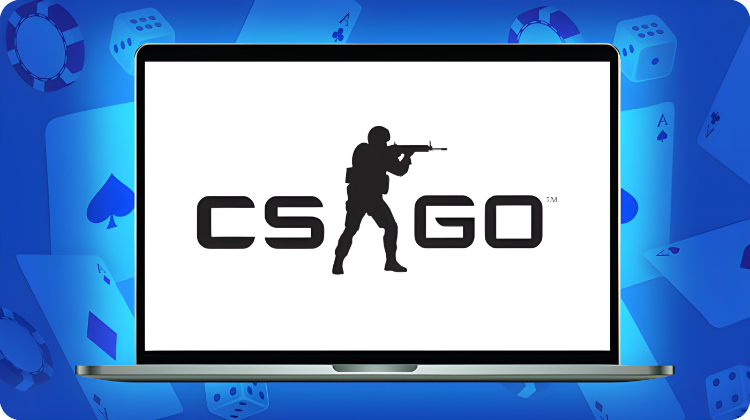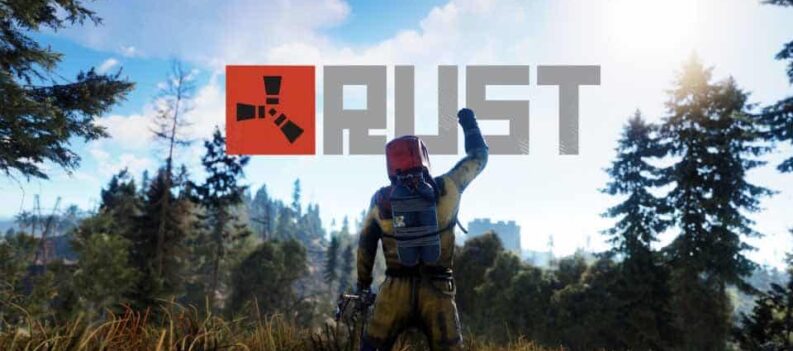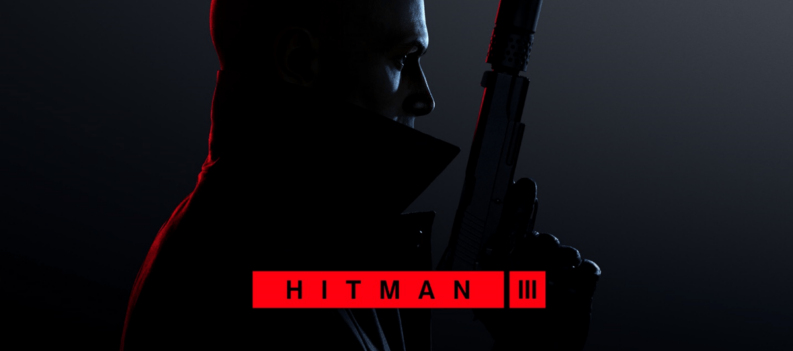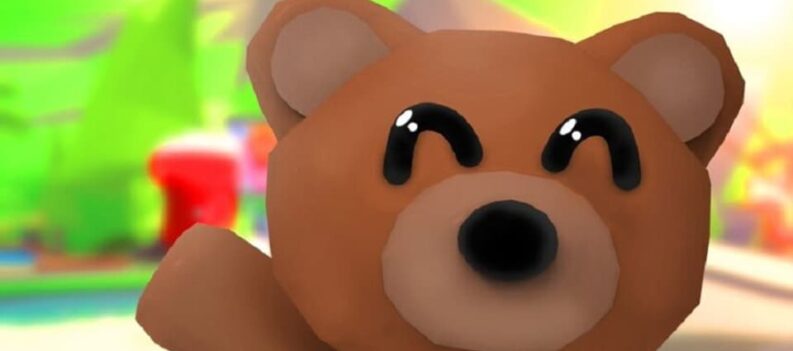At first glance, Lost Words: Beyond the Page is easy to dismiss as simply another side-scrolling platformer, but don’t be so quick to judge. Behind the cartoon charm lies a narrative-driven game that hit me in the feels way more than I initially expected, even if the gameplay itself didn’t quite land as strong a punch.
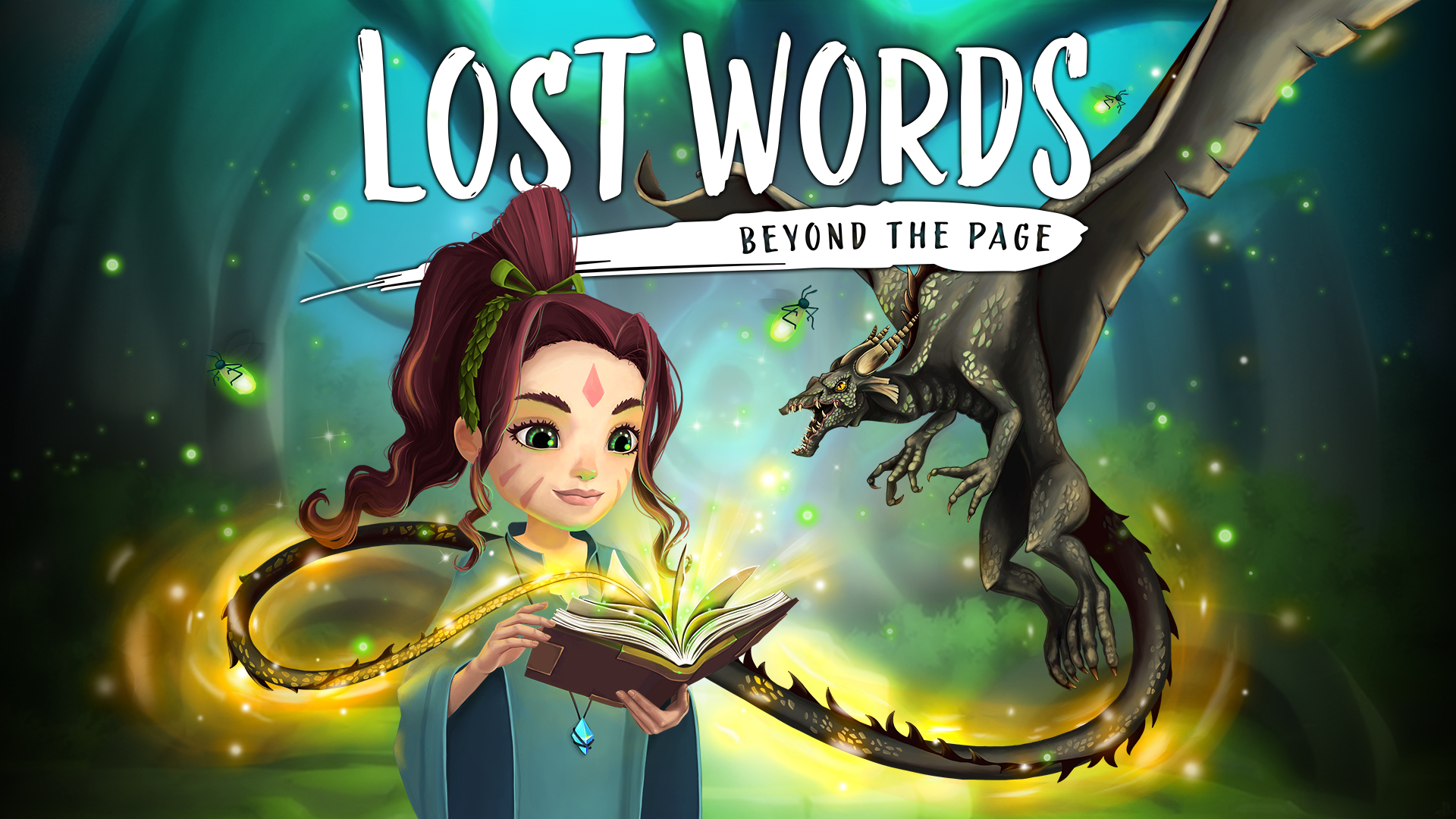
Lost Words is in many ways two games, with a simple but surprisingly effective game mechanic linking the two. In one, you play as Izzy, who starts off the game as a chipper, bubbly girl who is more a narrator than a protagonist. In these sections you run and jump across, through and around the pages of Izzy’s journal, interacting with the words on the page as you navigate through her story.
The other is more of a traditional-looking side scroller, where you play as a young Firefly Guardian who has the ability to cast “word magic” to interact with the world around her. This world has been created by Izzy, initially as a story written in her journal, but it quickly becomes a bigger deal, serving as part allegory, part escapism as Izzy works to deal with what is happening in her own life.
This allegory works well, with the journal serving as the crux that links these two games together. Through it, you get a real sense of who Izzy is and how she is feeling concerning the game’s events. Izzy constantly narrates what is going on both in the “real” world she occupies and within the fantasy world of Estoria she has created. This can get a little annoying at times, but for the most part, it does the job.
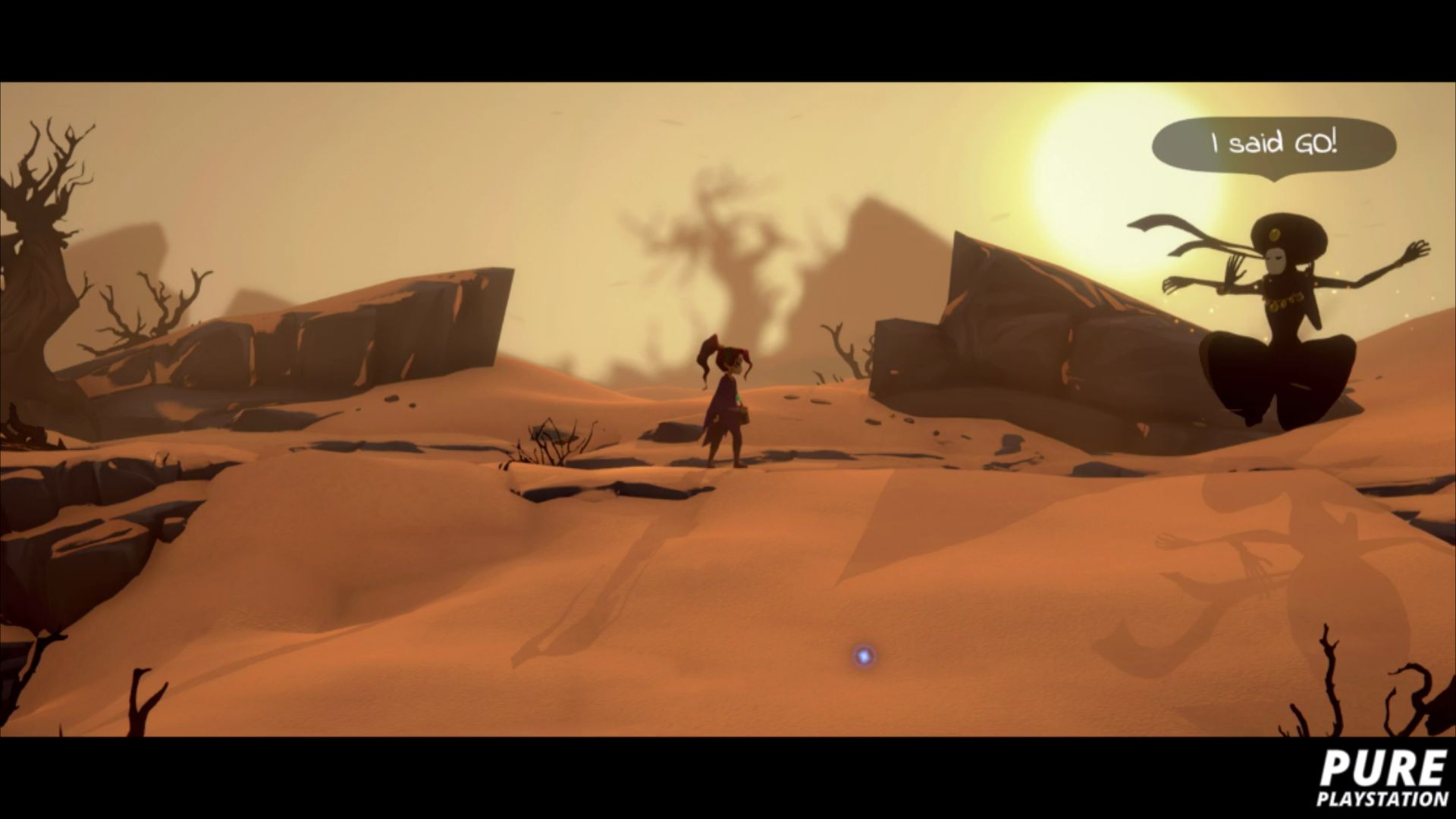
While filling out details in the story, this narration helps to get a handle on what Izzy is feeling as she comes to terms with the events in her life, giving you access to her innermost thoughts. Clearly Lost Words is written by an adult, but it does a great job of relaying the feelings of a child, and how they would come to terms with the very adult events taking place.
It is a unique idea and one that works well when you start to analyse the double meanings behind the game’s two stories. Everyone will be able to relate to what Izzy is going through to some degree, and this only serves to give the game an even bigger impact. As I’ve said already, don’t let the game’s cute art style fool you as it does deal with some pretty heavy emotions during the course of the game.
With that being said, the story is the games main selling point, and it is emotive and powerful enough to allow you to overlook the games tried and true platforming. Whereas the gameplay is never too challenging or frustrating, the narrative hits some real emotional points as Izzy comes to terms with what is happening around her, and for the more emotional among you, it might be a good idea to keep some tissues handy.
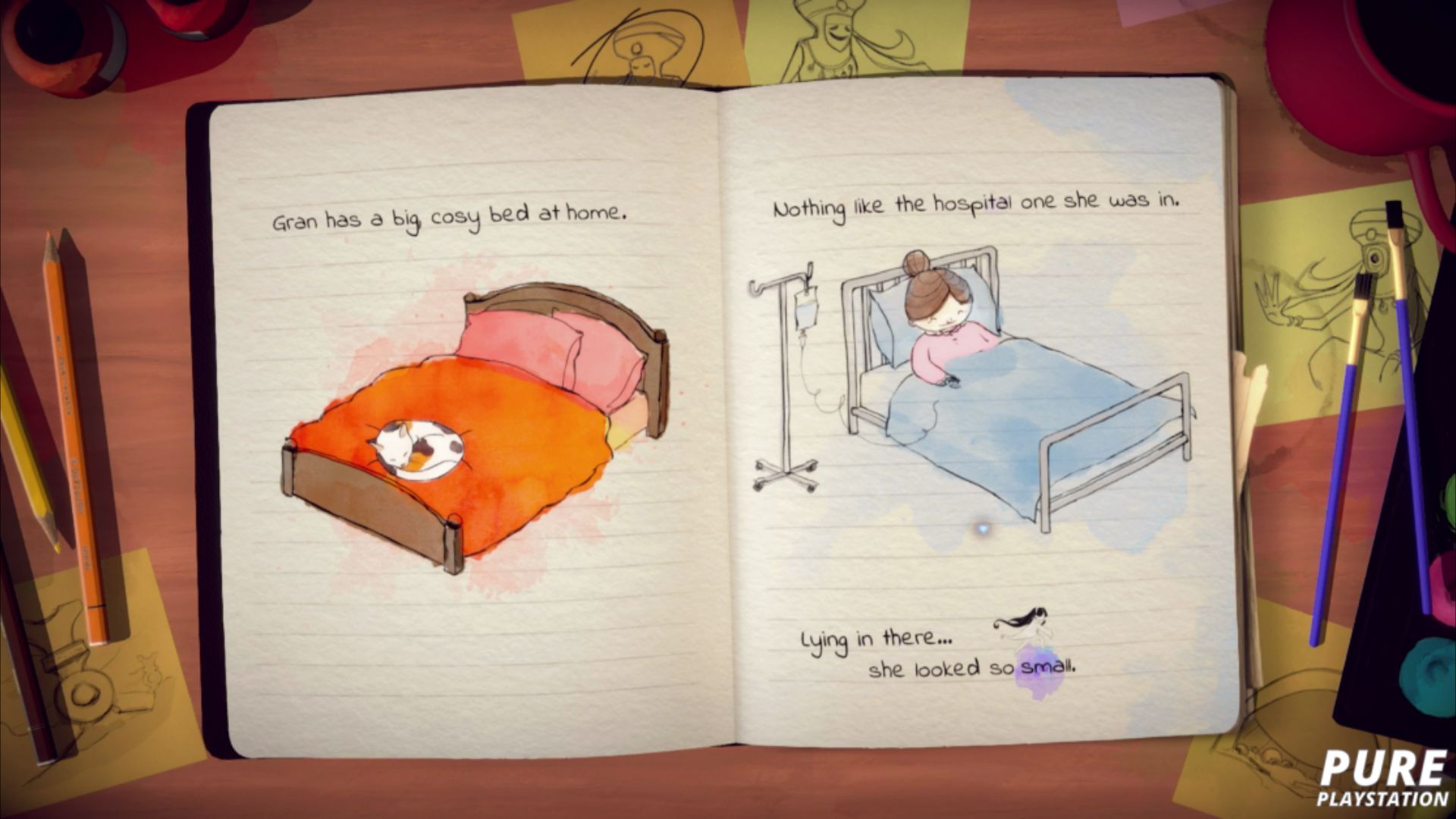
Even if the story does signal quite early on where it is going, it still packs a punch when it does finally follow through. I wouldn’t consider myself to be an overly emotional person, but some of the journal scenes, combined with the games beautiful score, really caught me off guard in a way I didn’t think they would.
Having Izzy narrate as she comes to terms with what she is dealing with is a stroke of genius too; because if the words were simply left to the player to interpret, I feel they would lack some of the emotional impact. Hearing them said aloud with the emotion and anger cracking in Izzy’s voice only further hammers home what is going on and the toil it is having on her.
On that note, the voice acting here is great, with Izzy starting off with a youthful charm and exuberance, but as the story takes its upsetting turn, you hear that in her voice, too. Powerful narration mixed with an impactful story really make the dramatic turns within Lost Words hit home, and it is when these two elements combine that the game really shines.
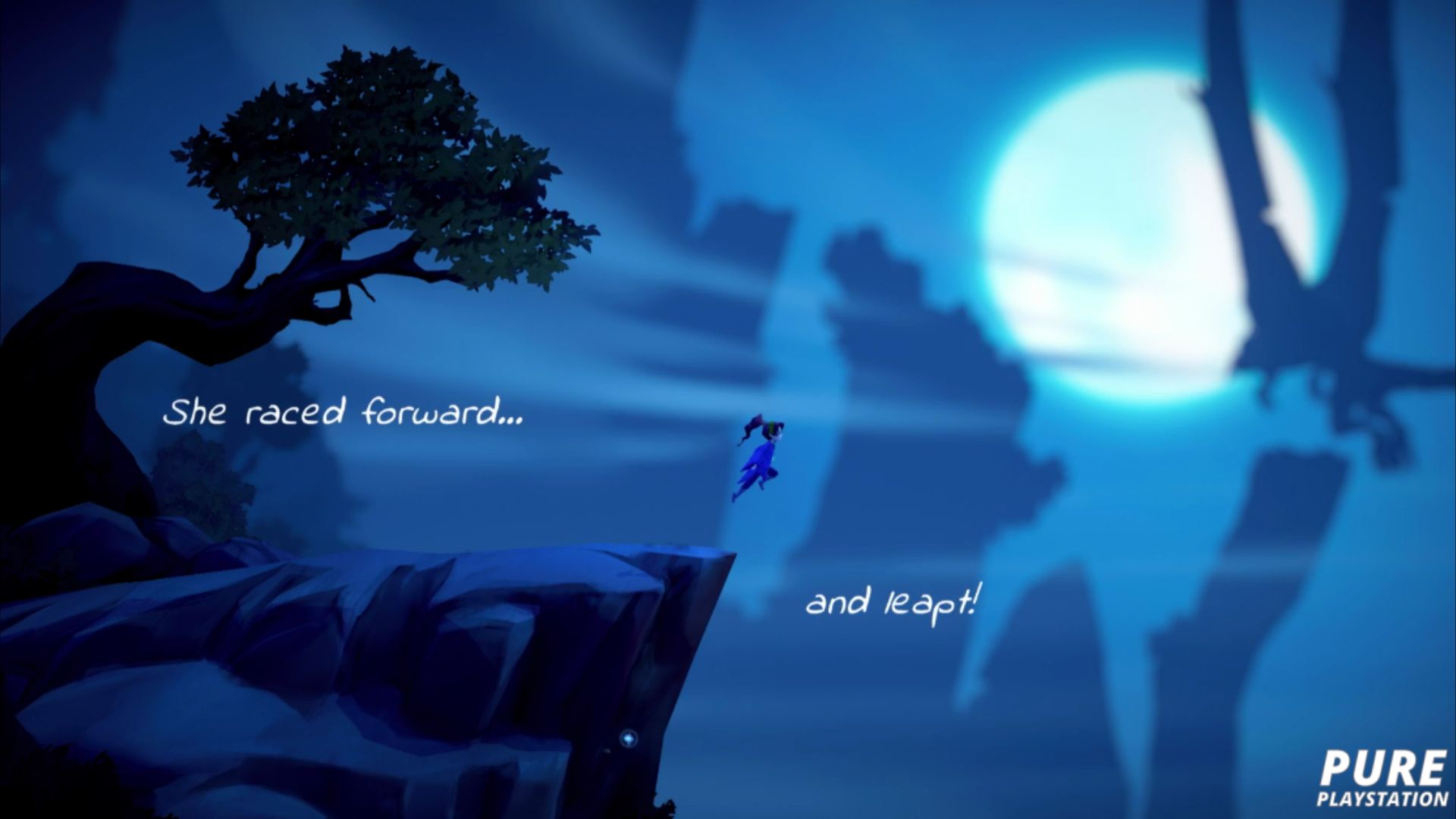
Poignant narration is supported with a fantastic score that rises and falls hand in hand with the arcs of the story, subtly reinforcing the game’s two tales and making the emotions felt by both characters all the more meaningful. The story could have gone one of two ways, and ultimately when the hammer did fall I felt it all the more, and that was largely due to the game’s score as much as the emotive narration.
While the platforming and puzzles won’t cause you too much difficulty, Lost Words is still fun to play, but the area that surprised me the most was the simple yet effective spell casting. Using a few simple words that are stored in a spellbook, you can interact with certain glowing elements to achieve desired effects, such as fixing a bridge or destroying a few blocks.
This is all done by opening up the spellbook with L2 and dragging the desired word around using R2 and the right analogue stick. It was impressive too how such a simple act had such a powerful impact. As soon as I saw an object glowing blue, I would immediately think about the spells I would be able to cast, navigating over them with the right analogue stick and waving the word around like some virtual wand.
As you progress through the Estoria part of the game you soon expand upon your repertoire of spells, with some having multiple uses and others being a strictly one-time affair. On a few occasions, there is a choice between which spell you can use, but that doesn’t happen often enough, and a few spells are used way more than others.
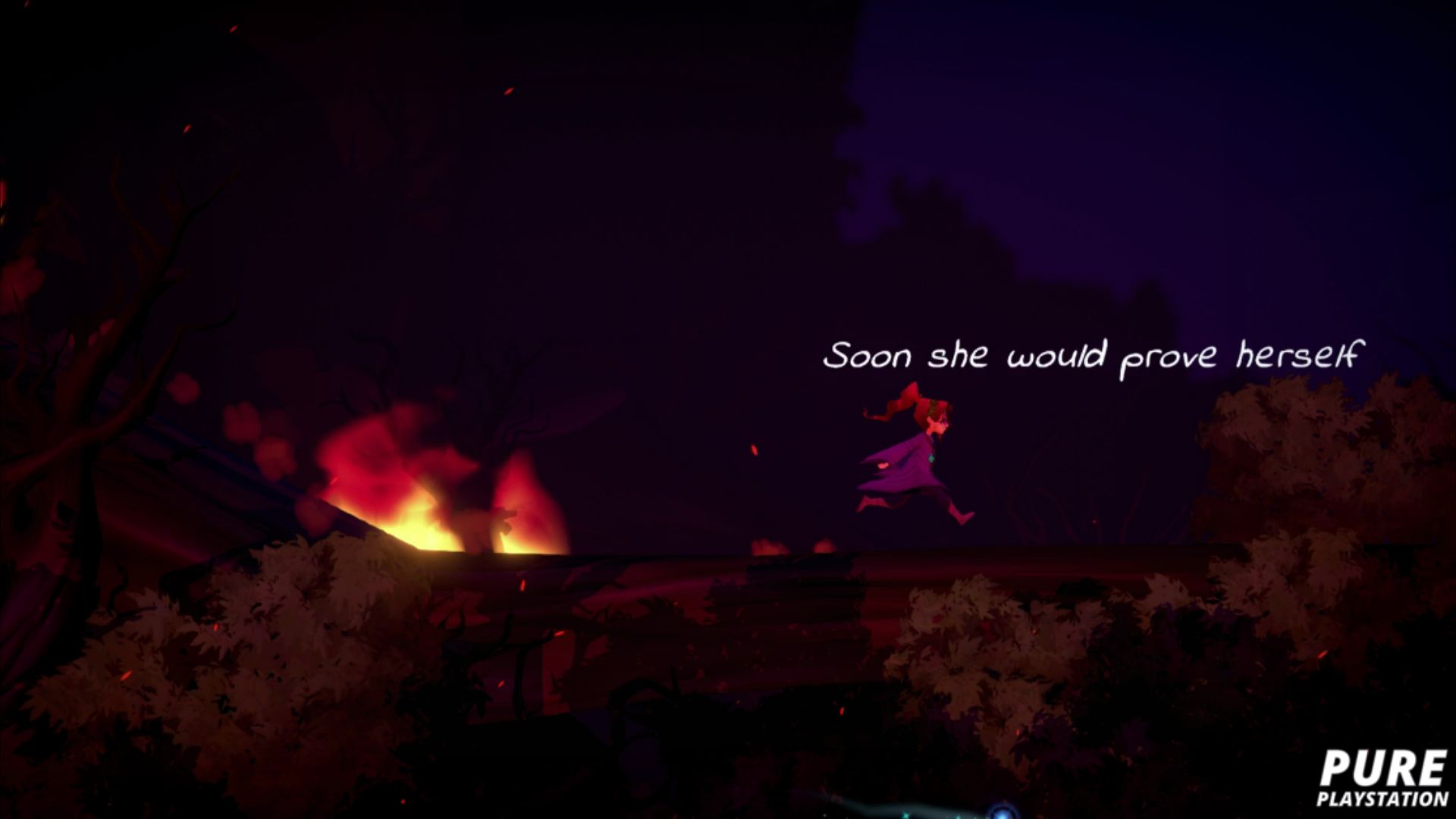
Using word magic (as it is known in-game) is simple, but I was surprised at how effective it was in action. In fact, my only complaint is that it wasn’t used more often or in a greater variety of ways. I would have liked to have seen a few areas where the spell needed wasn’t always an obvious choice or puzzles that could have had a few more solutions, but the spells on offer work well enough.
Even the journal sections offer an interesting use on the words as they appear, as you run and jump over each sentence. Some words can be interacted with too, such as dragging them around to create new platforms to jump on to navigate your way around the page, or they can be used to interact with some of the beautiful water-colour artwork that appears, which further helps to illustrate Izzy’s thoughts and feelings.
Starting off Lost Words Beyond the Page, I was a little unsure as to what I would think of it, but I am glad I stuck with it. Although platforming is never too tricky, an emotional, double-layered story will have you sticking with Lost Words until the end. It has been a while since I last played a game that has had such an impact on me as Lost Words has, and although not too difficult to complete, it is a beautiful, narrative-driven game that will stick with you long after the credits have rolled.
Lost Words: Beyond the Page PS5, PS4 Review
-
Overall - Fantastic - 8/108/10
Summary
MIxing platforming and simple, effective spellcasting, Lost Words is the Harry Potter game you didn’t know you wanted – with an impactful story to boot. Younger gamers will be drawn to the platforming, but don’t be fooled by the family-friendly art style as beyond that lies a game with a powerfully emotional story that is likely to crack even the hardest among you.
Review Disclaimer: This review was carried out using a copy of the game provided by the publisher. For more information, please read our Review Policy.
Primary version tested: PS4. Reviewed using: PS5, PS4.



